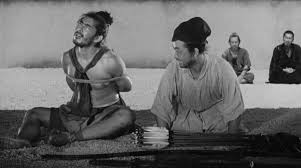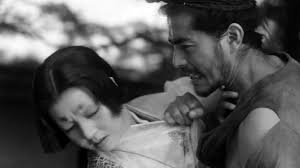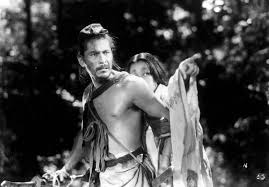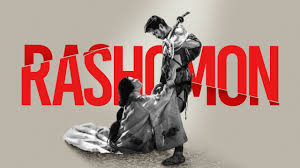
Rashomon, directed by Akira Kurosawa, is a groundbreaking Japanese film released in 1950 that explores the nature of truth and subjective reality. Set in the aftermath of a violent crime, the story revolves around the murder of a samurai and the assault of his wife, as told through the conflicting testimonies of four witnesses: the wife, the bandit, the samurai’s ghost, and a woodcutter.

The film is renowned for its innovative narrative structure, presenting multiple perspectives that challenge the notion of absolute truth. Each character’s account reveals their own biases and motivations, leaving the audience to question what truly happened.

With stunning cinematography and masterful direction, Rashomon not only captivated audiences but also influenced filmmakers worldwide. The film delves into themes of memory, perception, and human nature, making it a profound exploration of morality and the complexity of truth.

Rashomon is celebrated as a cinematic masterpiece and a classic of world cinema, showcasing Kurosawa’s storytelling prowess and leaving a lasting impact on the art of filmmaking.